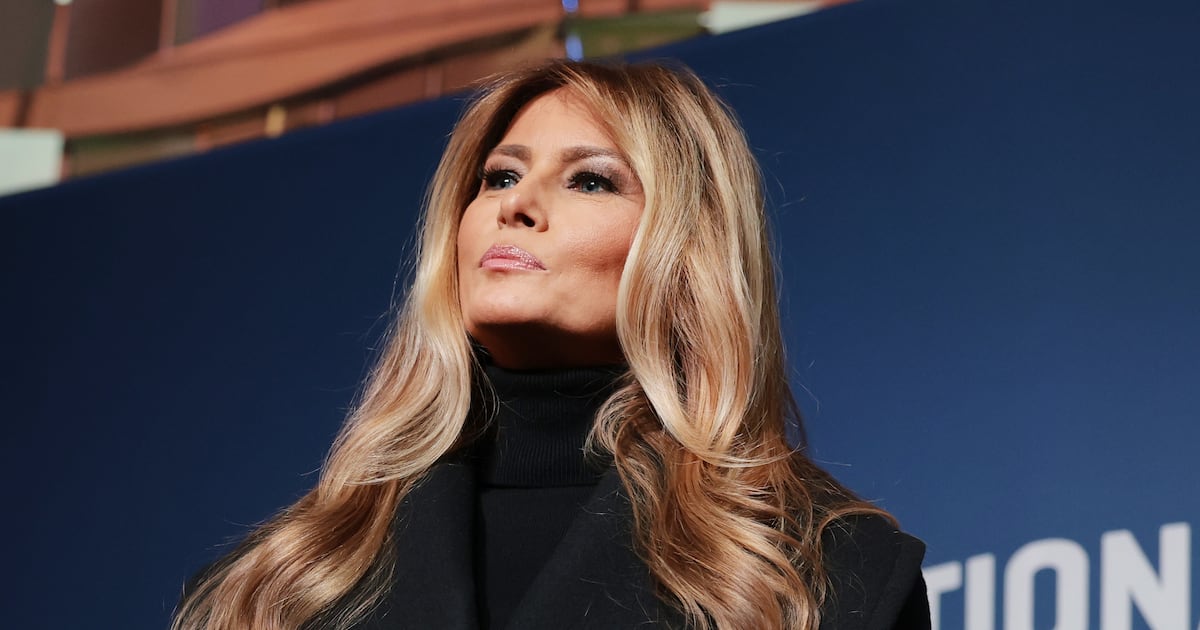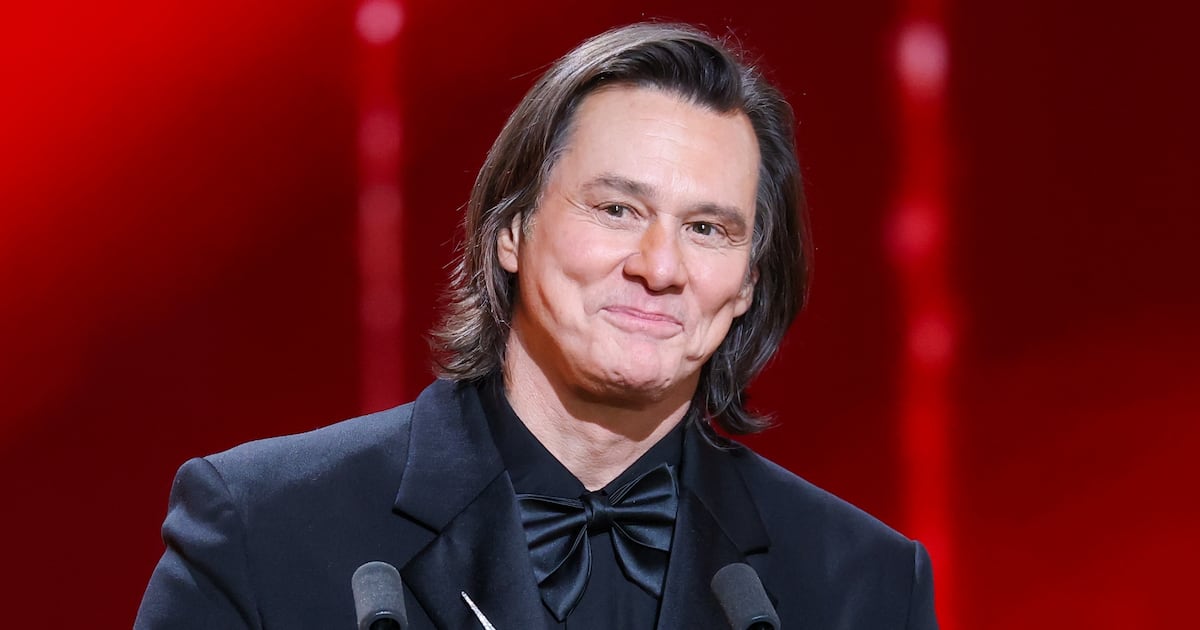In the same week he became People magazine’s “Sexiest Man Alive,” Chris Evans quietly revealed his newest girlfriend to the world. The former Captain America went public with Warrior Nun star Alba Baptista, a Portuguese actress who is 16 years his junior. The pair were seen holding hands in public at the same time as “sources” told People of their romance.
News of a major heartthrob finding love is always going to stir up emotions among fandom, but there was something rather odd about the fervor with which some Evans fans reacted to the news.
Some people seemed furious not necessarily at the fact that Evans had a girlfriend (although Baptista certainly faced her fair share of misogyny for merely existing alongside her new partner), but that he had kept this detail hidden for about a year.
In various interviews over the past several months, including the one accompanying the “Sexiest Man Alive” cover, Evans talked about being ready to settle down and “laser focused” on finding someone to have a family with. The implication there was that he had yet to find her, although we now know that he was in the midst of his romance with Baptista.
It’s hardly a shock when an actor tells a little white lie to keep their personal lives secret, yet the notion of Evans doing so sent some of his more zealous fans into a tailspin. Some of them sent anonymous screeds into the anonymous gossip Instagram account DeuxMoi to describe the actor as having “turned on” his biggest supporters, claiming “you disrespected us because you lied [...] and now you are on your own.”
Things got even weirder when a so-called fan account for Evans tagged multiple people and media groups, including Evans himself, with an open letter that made many people wonder if fandom was a mistake. They wrote:
“Your Fandom is not upset because you’re in a relationship. Rather, it was the reveal of your relationship that made us feel betrayed by you. We feel betrayed by the Chris you lead us to believe is you [...] the rude awakening that our belief in you is based on nothing but lies than you’ve been selling us.”
The concept of celebrity is built on the notion that its relationship with fandom is a transactional one. Fans pay tickets for the movies and the concerts, and the star offers pieces of themselves up for consumption. Evans has to promote a movie so he does some interviews, plays silly games with Jimmy Fallon, and entertains occasionally invasive interrogations into his personal life. It’s an accepted part of the industry, but not universally so.
Plenty of stars steadfastly avoid making their private life a commodity, keeping relationships and even pregnancies secret (consider how, in the same year he won the Oscar for Best Actor, Joaquin Phoenix and his partner Rooney Mara had a baby but the press only found out when an acquaintance blabbed at a press screening.)
In the era of social media, where the barriers between subject and fan have become evermore liminal, celebrities can be more cautious with what they allow their fans to see. For all of our cultural conversations over privacy, press invasion, and the mental toll of it all for the likes of Britney Spears and Selena Gomez, general audiences remain curiously demanding towards celebrities—both big and small. There is still this sense that they are owed something, and that those who do not comply are breaking a sacred pact that is punishable by Twitter cancellation.

Alba Baptista during the 71st Berlinale International Film Festival in Berlin, Germany, June 14, 2021.
Axel Schmidt/ReutersSo, let’s look at Chris Evans’ so-called crimes. When asked by the press about his love life, something he’s dealt with since the earliest days of his career, he gave a non-answer about hoping to find a long-term relationship, but neither confirmed nor denied that he was in one at the time. In terms of bad things celebrities have done, this misdemeanor is certainly one of the minor ones, if it can even be considered one at all. Yet the fury it inspired isn’t unusual for online fandom. That supposed betrayal can frequently be found whenever a major male celebrity starts publicly dating someone.
At the heart of a classic fandom backlash is the idea that a celebrity has done something to contradict the image of themselves that they crafted for the world. That resulted in the end of John Mulaney’s Wife Guy era. It’s why Gen Z icon Sydney Sweeney was forced to answer for having seemingly MAGA-esque family members. The severity of the inciting incident is widely variable and often highly mundane, as is the case with Evans.
The “betrayal” of this image his fans have of him doesn’t stand up to scrutiny. There’s nothing Evans ever sold to the world—a sweet Boston bro who loves dogs and became Captain America—that would make his desire to keep his private life out of others’ grasp an offense.
If it was only the secrecy of it all that these fans were upset by then why is it that every other woman Evans has publicly dated, like Jenny Slate, faced awful online abuse and accusations? What did she do that “betrayed” his fans? Or was it just good old-fashioned sexism, as we see with every woman in a famous relationship? As we’ve seen with women like Olivia Wilde, Zawe Ashton, and Meghan Markle, no woman is ever considered “good enough” for these famous men, regardless of their achievements.
Figures like Evans are forced to navigate impossible waters. It’s not something that often elicits sympathy from the press or fans, since it’s considered part of the gig. But surely there’s room for some understanding on this matter? We are dishearteningly aware of how this brand of fan entitlement can poison itself into delusion, whether it’s the fake pregnancy conspiracies that plagued the likes of Markle and Sophie Hunter, the wife of Benedict Cumberbatch, or the QAnon-adjacent mindset that positions every celebrity as being part of a satanic sex trafficking ring.
It’s a slippery slope, nonsensical intrusions into total strangers’ lives and loved ones fandoms believe are justified. One can’t help but hope that Alba Baptista is prepared for the onslaught. How depressing that we see this fury and abuse as a weary inevitability.
This “betrayal” that Evans’ fans speak of is a painful reminder that, with this toxic fandom mindset, nobody is ever good enough. It is impossible to live up to the standards of fan adoration, a fever that veers wildly between deifying someone and gleefully tearing them to shreds. Not every fan is like this, of course, but to adore a celebrity in this manner is to inherently objectify them. It is to position yourself as simultaneously beneath them and as their moral and creative arbiter. Even someone as seemingly uncontroversial as Chris Evans can’t be a victor in this game. Even he can’t live up to being Chris Evans.








